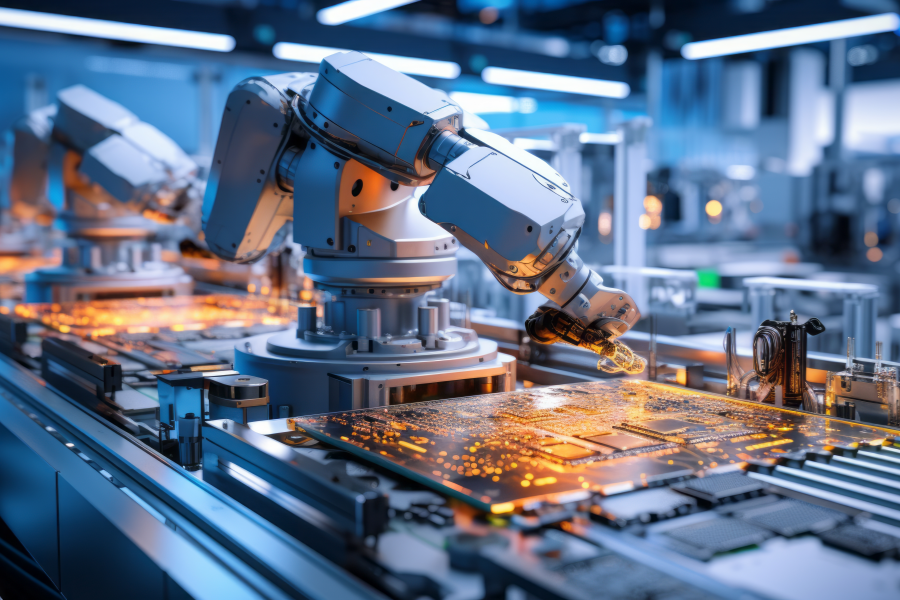

Shanghai has released an implementation plan to accelerate the deep integration of artificial intelligence with manufacturing. The initiative sets out a three-year roadmap to strengthen industrial AI capabilities and foster a competitive smart manufacturing ecosystem.
By 2027, the city aims to:
- Upgrade 3,000 manufacturing enterprises with intelligent applications
- Develop 10 industry-leading AI models and 100 benchmark smart products
- Roll out 100 demonstration application scenarios
- Establish around 10 "AI + Manufacturing" demonstration factories
- Nurture five integrated service providers and a group of specialist firms
Strengthening industrial AI capabilities
The plan prioritizes improving the core abilities of industrial AI models. Efforts will focus on enabling AI systems to better understand physical processes, interpret industrial data such as drawings and manuals, and support smarter decision-making in production. The city also aims to enhance AI's ability to follow industrial workflows and tasks, laying the foundation for more practical and reliable applications in manufacturing.
Driving frontier technologies
Shanghai will promote the industrial metaverse by building digital replicas of factories, warehouses, and labs, known as digital twin, to achieve full virtual-physical integration and support innovations such as layout optimization and autonomous logistics.
Building key platforms
Several major platforms will be developed:
- An industrial AI cloud platform providing model training, data processing, and flexible deployment options for businesses of all sizes.
- A public industrial corpus platform offering high-quality datasets for industries such as shipbuilding, automotive, aerospace, and steel, making it easier to train and apply AI models.
- "AI + Manufacturing" innovation bases to connect platforms, develop shared technologies, create demonstration projects, and support industry-wide intelligent upgrades.
Empowering key industries
AI adoption will be prioritized in areas such as electronics, automotive, aerospace, pharmaceuticals, shipbuilding, and new materials. Companies will be encouraged to build both large-scale industry models and smaller, specialized AI tools to boost productivity and innovation in different scenarios.
Exploring new manufacturing models
Shanghai aims to pioneer new production approaches, including software-defined factories, on-demand manufacturing, and networked smart factories. These will be powered by an "industrial brain" capable of coordinating design, development, and production, making manufacturing more flexible and efficient.
Demonstration factories and robotics
The city will establish new-generation factories showcasing high-density use of AI, digital twin, and collaborative robots. These sites will demonstrate how software-driven and on-demand production can work in practice.
Shanghai will also support the development of AI-powered products, including industrial tools, equipment, and consumer devices such as AI-enabled computers, glasses, and smartphones. The goal is to form a complete smart terminal industry chain.
Robotics deployment will accelerate, with industrial robots introduced for repetitive and high-risk jobs such as assembly, welding, and material handling. Heavy industries, including steel and shipbuilding, will pilot human-machine collaboration units, while safety and certification standards for humanoid robots are set to be established.
